1. Square Pegs
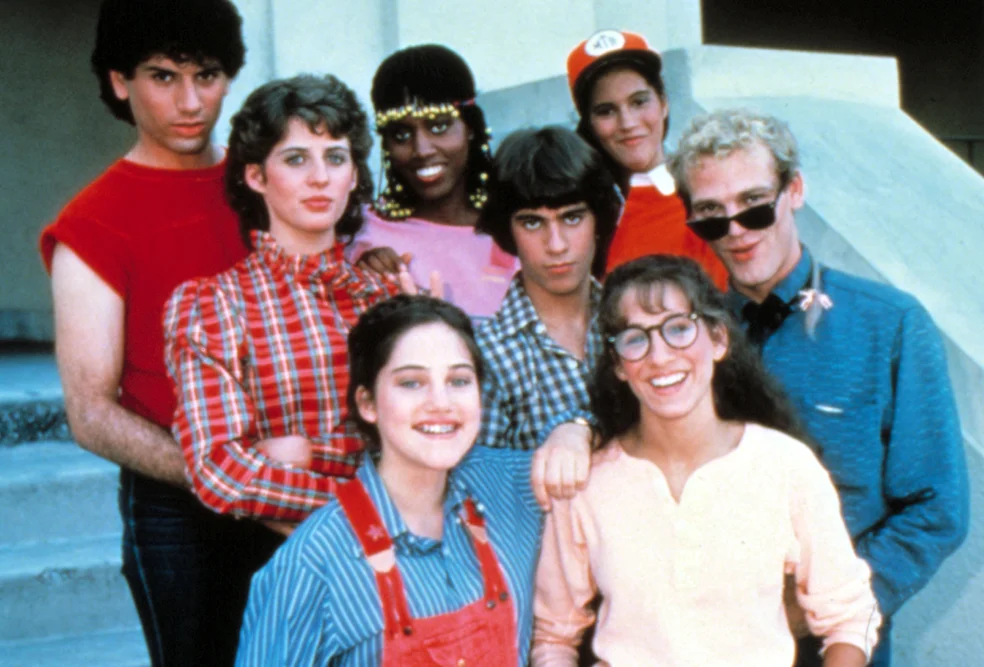
When Square Pegs premiered in 1982, it stood out from other high school comedies because it really felt like it understood teenagers. Sarah Jessica Parker played Patty Greene, a self-conscious teen trying to fit in, and the show tackled everything from cliques to awkward crushes with a kind of honesty that felt refreshing at the time. Unlike the more glossy teen portrayals of the era, Square Pegs was messy, quirky, and grounded in reality.
The series also had a punk and new wave edge, with bands like The Waitresses appearing on the show, which gave it cultural credibility. Critics praised its originality, but it only lasted one season, partly due to behind-the-scenes struggles. Even so, its legacy lives on as a cult classic, and many fans still credit it with paving the way for more realistic teen-focused shows down the road. Today, though, it’s often forgotten compared to Parker’s later fame.
2. St. Elsewhere
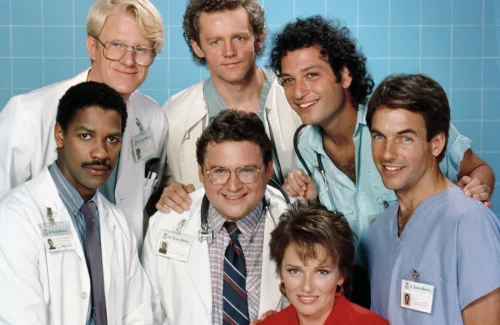
Before ER and Grey’s Anatomy, there was St. Elsewhere, which ran from 1982 to 1988. Set in a rundown Boston hospital, it was one of the first medical dramas to blend gritty realism with dark humor. The show didn’t shy away from controversial topics, covering everything from AIDS to mental illness at a time when few series dared to.
The cast was packed with talent, including future stars like Denzel Washington, Howie Mandel, and Mark Harmon. What really made it groundbreaking was its serialized storytelling—patients and doctors had arcs that continued over episodes rather than being neatly wrapped up each week. It was critically acclaimed but never a huge ratings hit, and now it’s often overlooked despite its influence on the genre.
3. Frank’s Place
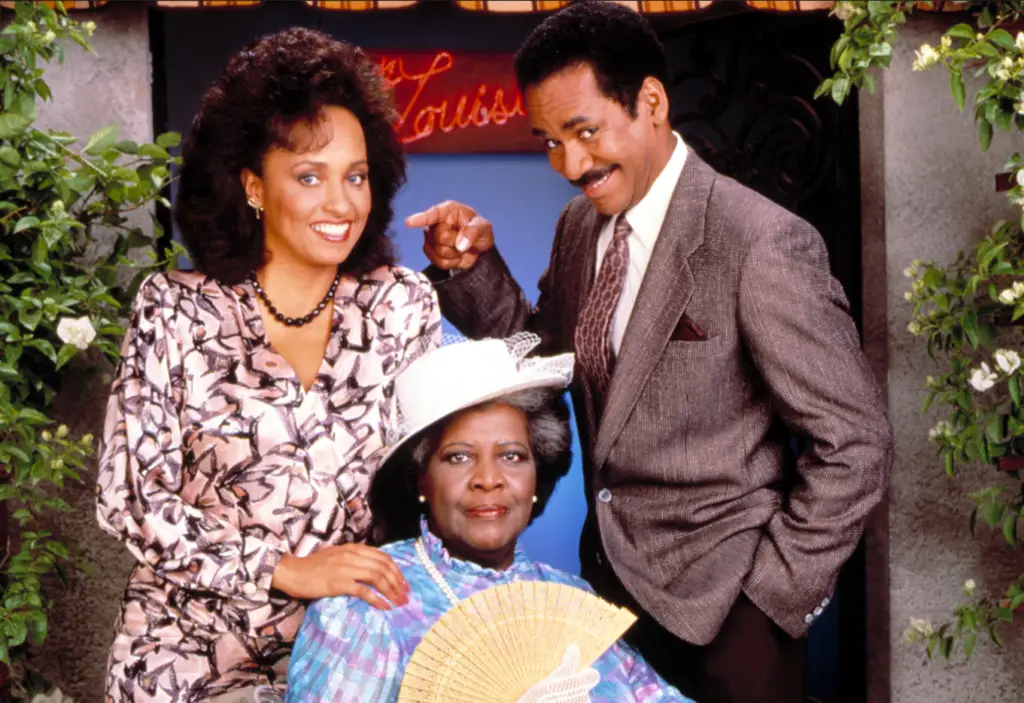
Premiering in 1987, Frank’s Place was unlike anything else on TV at the time. Tim Reid starred as a Boston professor who inherits a New Orleans restaurant and reluctantly moves down South. Instead of going for broad laughs, the show leaned into subtle humor, atmosphere, and a real appreciation for New Orleans culture.
It blended comedy and drama in a way that critics loved but audiences struggled to categorize. The series tackled issues of race and tradition with a gentle hand, long before “dramedy” was even a term. Though it won awards, it lasted just one season before being canceled. Today, it’s rarely remembered, but it showed what television could do when it slowed down and told more nuanced stories.
4. Wiseguy
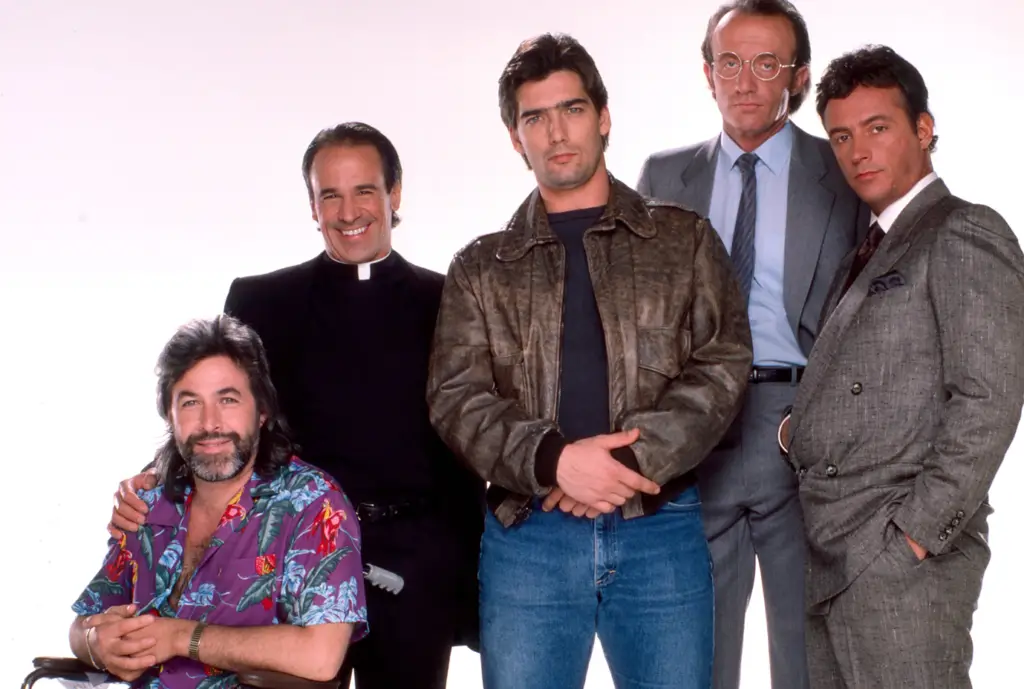
Debuting in 1987, Wiseguy broke the mold for crime dramas with its use of long-form story arcs. Instead of a new case every week, it followed undercover agent Vinnie Terranova as he infiltrated organized crime groups in extended arcs that played out over months. It gave viewers a chance to dig deeper into characters and stories, making it more layered than most procedurals.
The show also tackled timely issues like corporate greed and drug trafficking with grit and realism. Though it had strong critical praise, it never reached the mass audience of more straightforward cop shows. It’s often cited by TV historians as a forerunner to later serialized hits like The Sopranos, but casual viewers rarely remember it today.
5. China Beach
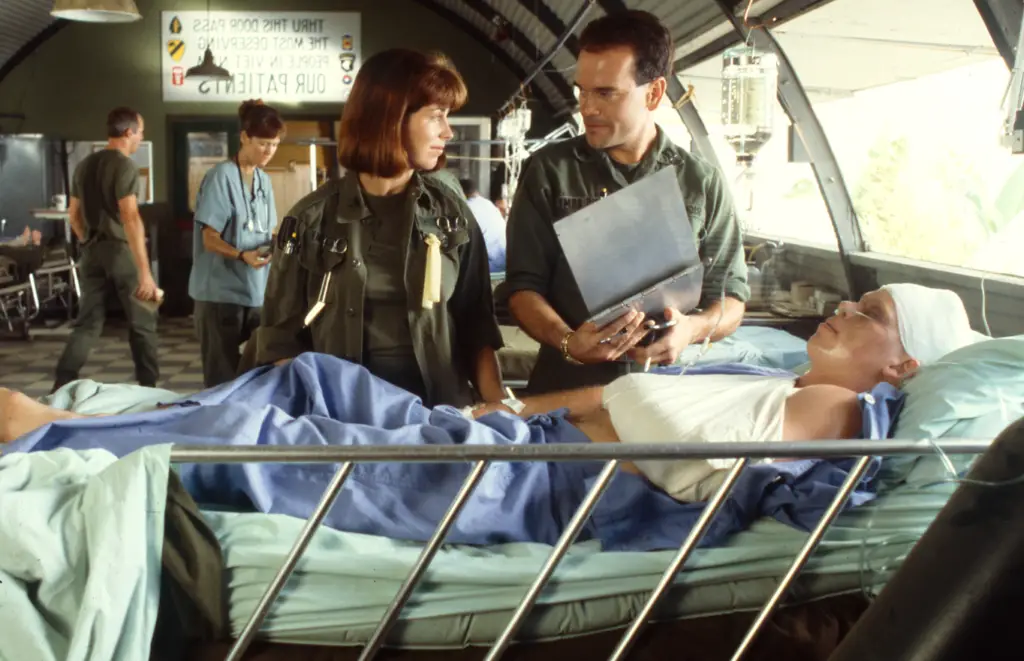
When China Beach aired in 1988, it offered a perspective rarely seen in war dramas: the Vietnam War through the eyes of women. Dana Delany starred as nurse Colleen McMurphy, and the show explored not just combat but the emotional and psychological toll on those serving in support roles. It was a thoughtful, character-driven series that stood out from more action-heavy portrayals.
The series was praised for its strong writing and willingness to explore difficult themes like PTSD and addiction. Delany won an Emmy for her role, and the show built a loyal following, though it wasn’t a ratings powerhouse. Today, it’s largely forgotten, but it paved the way for more inclusive war dramas and showed how powerful television could be when it dared to be different.
6. It’s Your Move
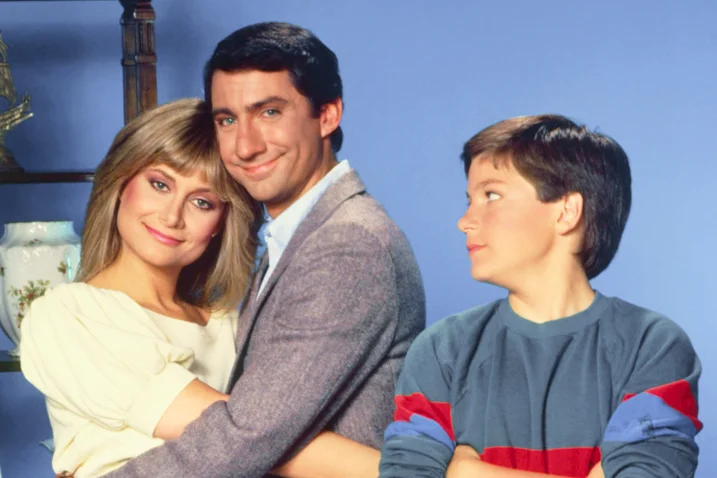
Jason Bateman might be best known for Arrested Development and Ozark, but back in 1984 he starred in a short-lived sitcom called It’s Your Move. He played a scheming teenager who constantly tried to outwit his mom’s boyfriend in elaborate pranks and scams. The dynamic was sharp, funny, and a little bit ahead of its time, with Bateman showing early flashes of the comedic timing that would later define his career.
Despite strong reviews, the show only lasted one season before being canceled. Some say it was too cynical for audiences used to more wholesome family sitcoms. Yet fans still remember it as one of those hidden gems that showed just how talented Bateman was even as a teenager. Today, it’s a footnote, but a fascinating one for TV comedy lovers.
7. Cagney & Lacey
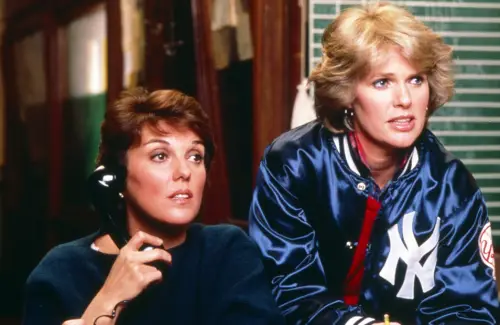
Premiering in 1982, Cagney & Lacey broke barriers by putting two female detectives front and center. Christine Cagney (Sharon Gless) and Mary Beth Lacey (Tyne Daly) tackled crime in New York while balancing personal challenges, offering a nuanced look at women in a male-dominated profession. It was one of the first shows to depict women as both tough and vulnerable without reducing them to stereotypes.
The series won multiple Emmys and became a critical darling, but it never reached the iconic status of other cop dramas like Hill Street Blues. Its impact, however, was undeniable—many female-led shows in the decades that followed owe a debt to it. Despite that, it’s not often talked about today, making it one of the great “forgotten” trailblazers of ’80s TV.
8. Sledge Hammer!
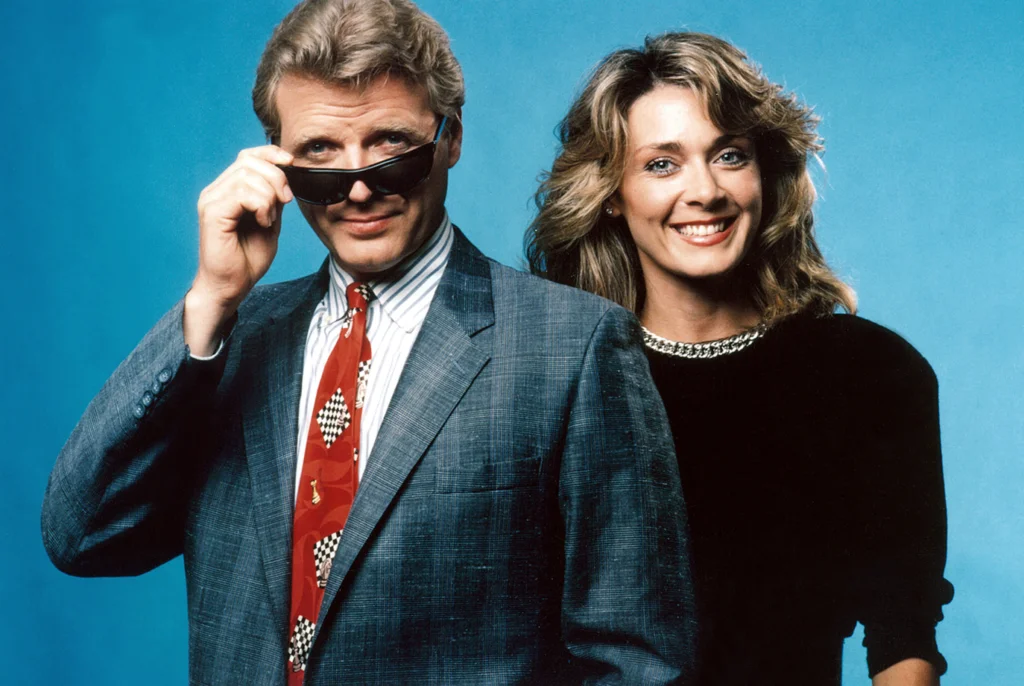
If you were looking for a spoof of tough-guy cop shows, Sledge Hammer! delivered it in spades. Premiering in 1986, it followed a violent, clueless detective who loved his gun more than anything else. It was absurd, over-the-top, and often felt like a live-action cartoon poking fun at the macho cop tropes dominating TV at the time.
The satire was sharp, but it wasn’t for everyone. Ratings were modest, and the show only lasted two seasons, but it developed a small cult following. Looking back, it feels like an early precursor to the kind of irreverent comedy that would later thrive on cable. Still, most people have completely forgotten it ever existed.
9. Kate & Allie
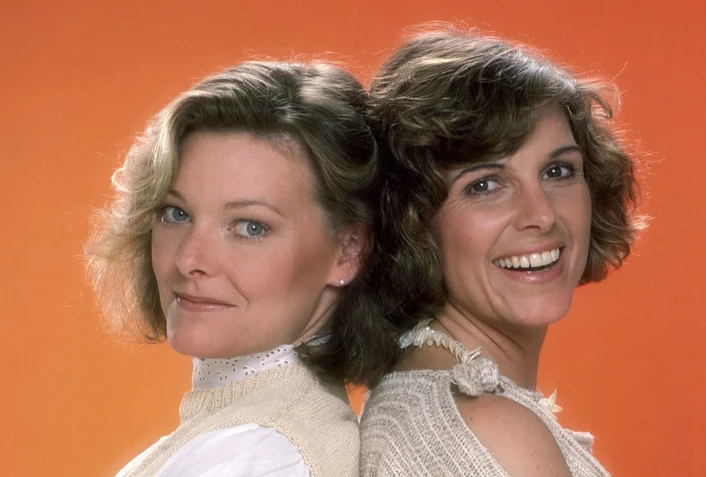
Running from 1984 to 1989, Kate & Allie was quietly revolutionary in how it portrayed family. Jane Curtin and Susan Saint James played two divorced women raising their kids together under one roof. Instead of focusing on nuclear family ideals, the show highlighted friendship, independence, and modern family structures in a way that was rare for the time.
It resonated with audiences and even won an Emmy, yet it has since slipped into obscurity. In many ways, it paved the way for later shows about unconventional families, but it never gets mentioned in the same breath as the bigger ’80s sitcoms. It was relatable and ahead of its time, but largely forgotten today.
10. Max Headroom
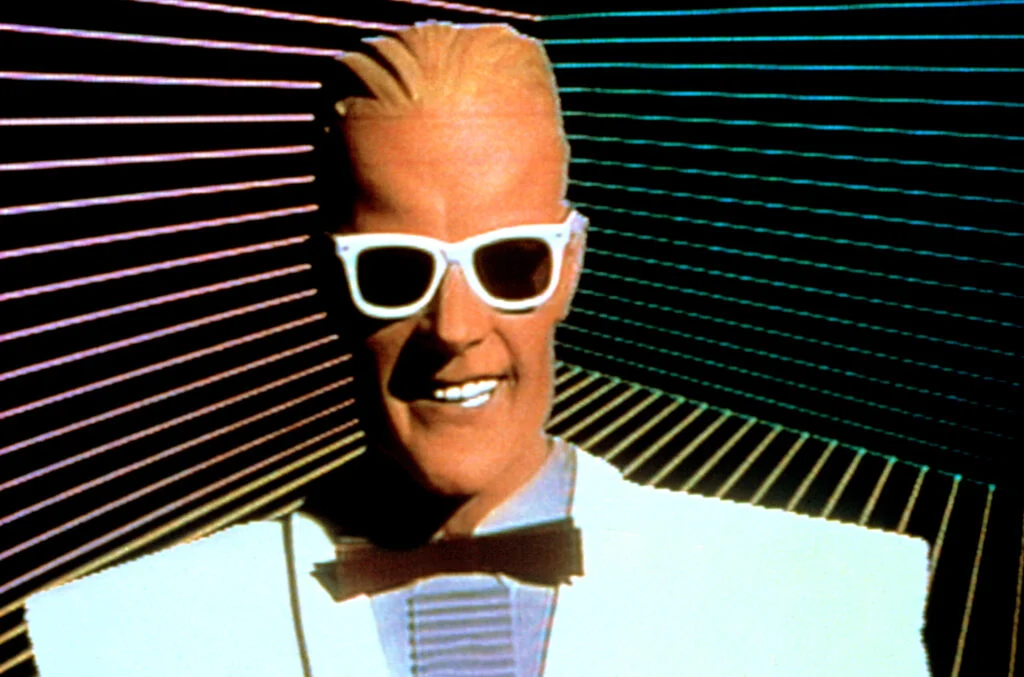
One of the strangest and most innovative shows of the decade was Max Headroom. Debuting in 1987, it presented a dystopian future where TV networks controlled everything, and a computer-generated character named Max Headroom became an unlikely icon. The show satirized media, technology, and consumer culture long before those conversations were mainstream.
It was stylish, weird, and genuinely ahead of its time, but it was also too strange for many viewers. The series only lasted two seasons but left behind a fascinating legacy as a cult cyberpunk artifact. Today, it’s more likely remembered for the character popping up in ads than for the groundbreaking show itself.
11. Hill Street Blues
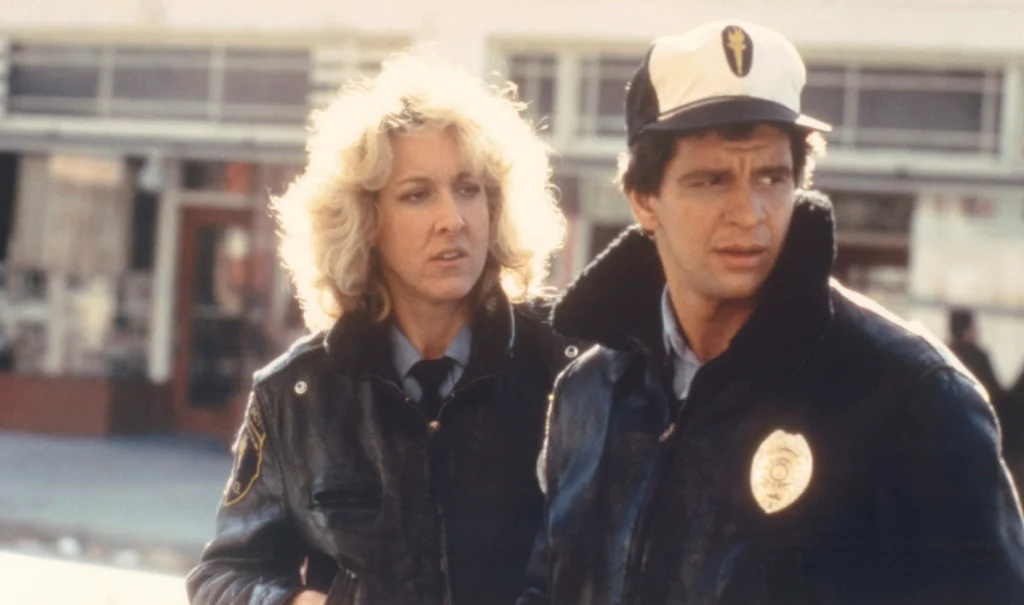
Though it debuted in 1981, Hill Street Blues set the tone for nearly every cop drama that followed. It introduced a grittier, more realistic take on police work, with overlapping storylines and morally complex characters. Its handheld camera work and ensemble cast gave it a documentary-like feel that was unlike anything else at the time.
The show racked up Emmy wins and critical praise, but it never reached the cultural immortality of something like Law & Order. Still, its DNA is all over modern TV dramas. Today, outside of TV historians and die-hard fans, it’s rarely mentioned, even though it completely redefined the genre.
12. My Sister Sam
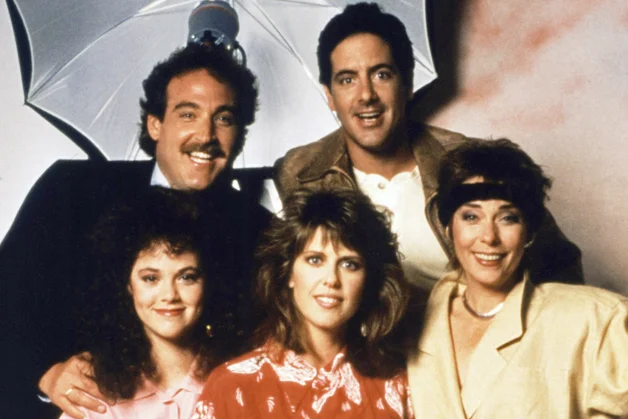
This 1986 sitcom starred Pam Dawber as a photographer whose younger sister, played by Rebecca Schaeffer, comes to live with her. It was a sweet, funny series about sibling dynamics that resonated with young audiences. The chemistry between the leads helped make it a modest hit in its first season.
Unfortunately, ratings slipped in its second season, and it was canceled. The tragic murder of Schaeffer in 1989 cast a long shadow over the show, and it quietly faded from memory. While it may not be widely remembered today, it was groundbreaking in how it centered sisterhood and independence in a prime-time sitcom.
13. The Days and Nights of Molly Dodd
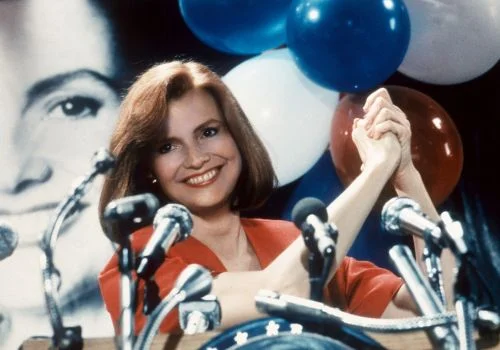
Premiering in 1987, this quirky dramedy followed Blair Brown as Molly Dodd, a divorced woman navigating life in New York City. It didn’t fit neatly into any genre, mixing comedy, drama, and slice-of-life storytelling. Molly wasn’t a typical sitcom heroine—she was flawed, complicated, and deeply relatable.
Critics loved its originality, but it struggled in the ratings. Still, it earned a loyal fan base and even survived a network switch, which was rare for the time. It’s often cited as a precursor to shows like Ally McBeal and Sex and the City, but today, it remains largely forgotten despite how quietly revolutionary it was.


